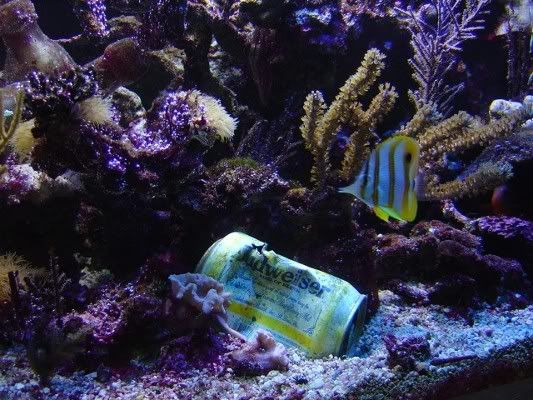the main problem with these threads, is that ppl do not understand bacterioplankton ...
many here think that Bacterioplankton, or Carbon dosing, means Stripping the water from nutrients ... and getting NO NO3 and PO4 ... well that is not the case, nor the Idea !
Idea is to LOCK UP the free nutrients, into biomass of bacteria, so corals are not in water with high N and P to make them grow more zoox, but at the same time, have alot of food available, in form of bacteria which is their preferred food.
now this Bacteria population, needs to be kept in check, and also we need tomake them happy, by feeding them N and P and of course, Carbon

the nutrient profile of such bacteria, is what our corals will eat.
Testing for N and P in a bacterioplankton system, will just show how well we are converting free nutrients into bacteria ... it doesnt mean we are stripping water.



